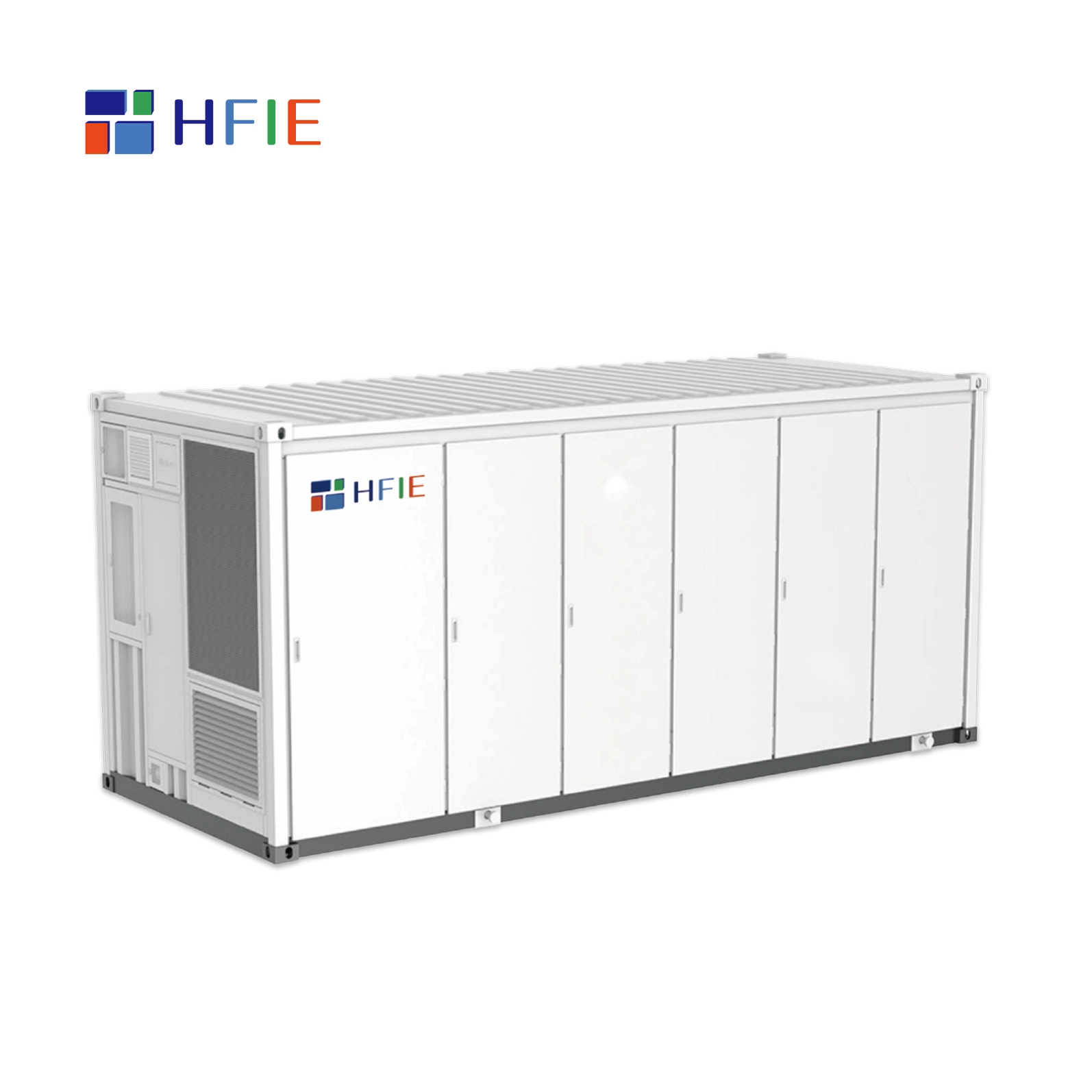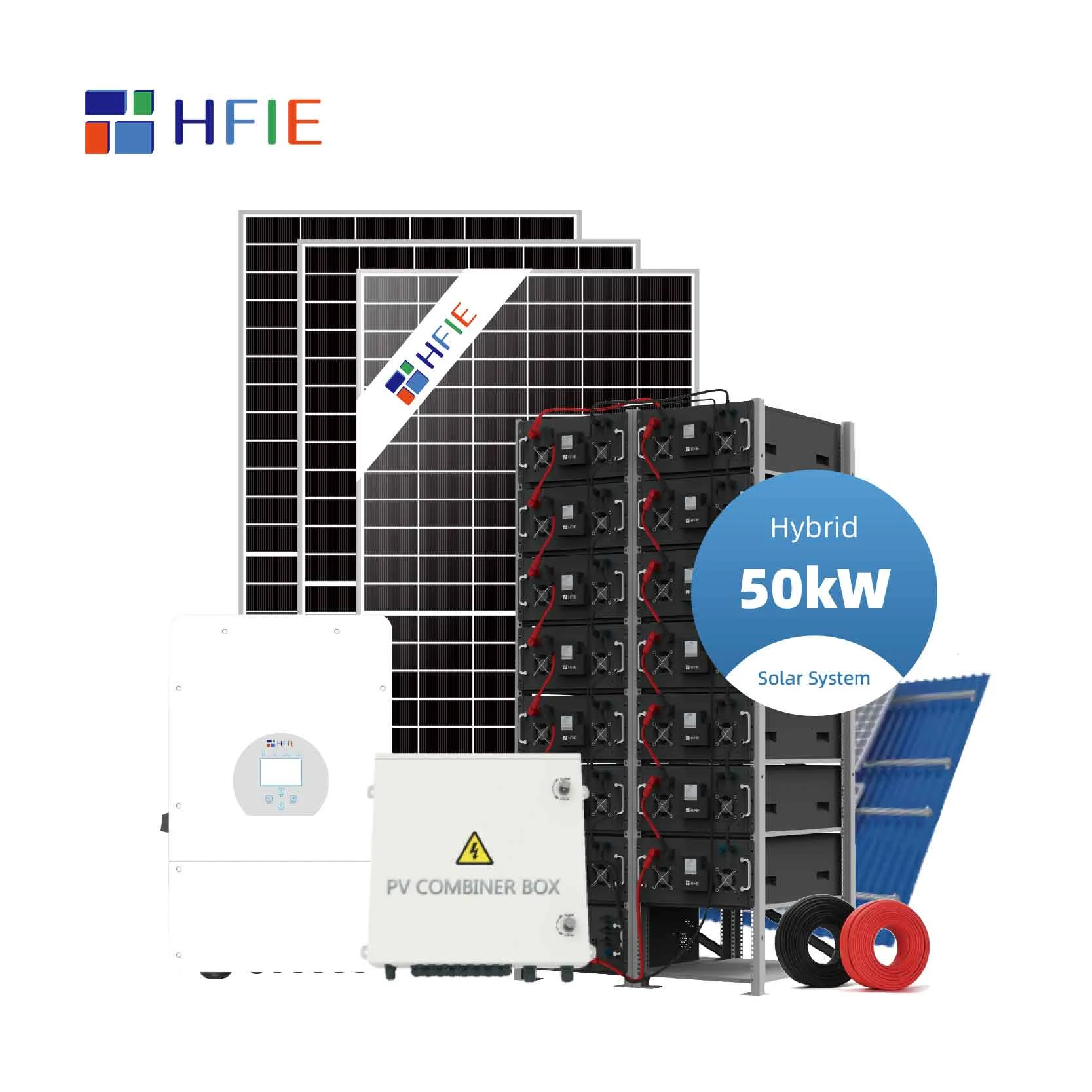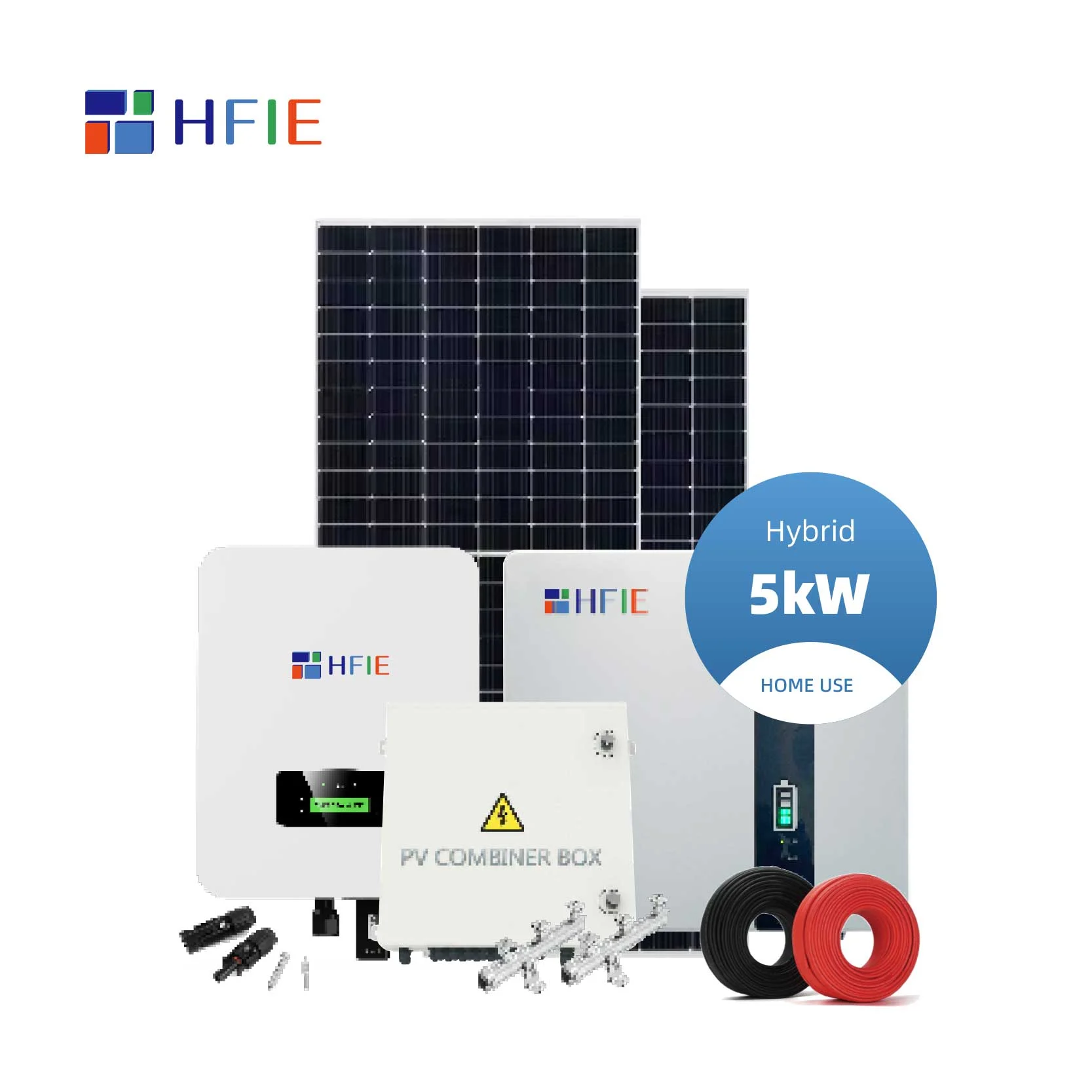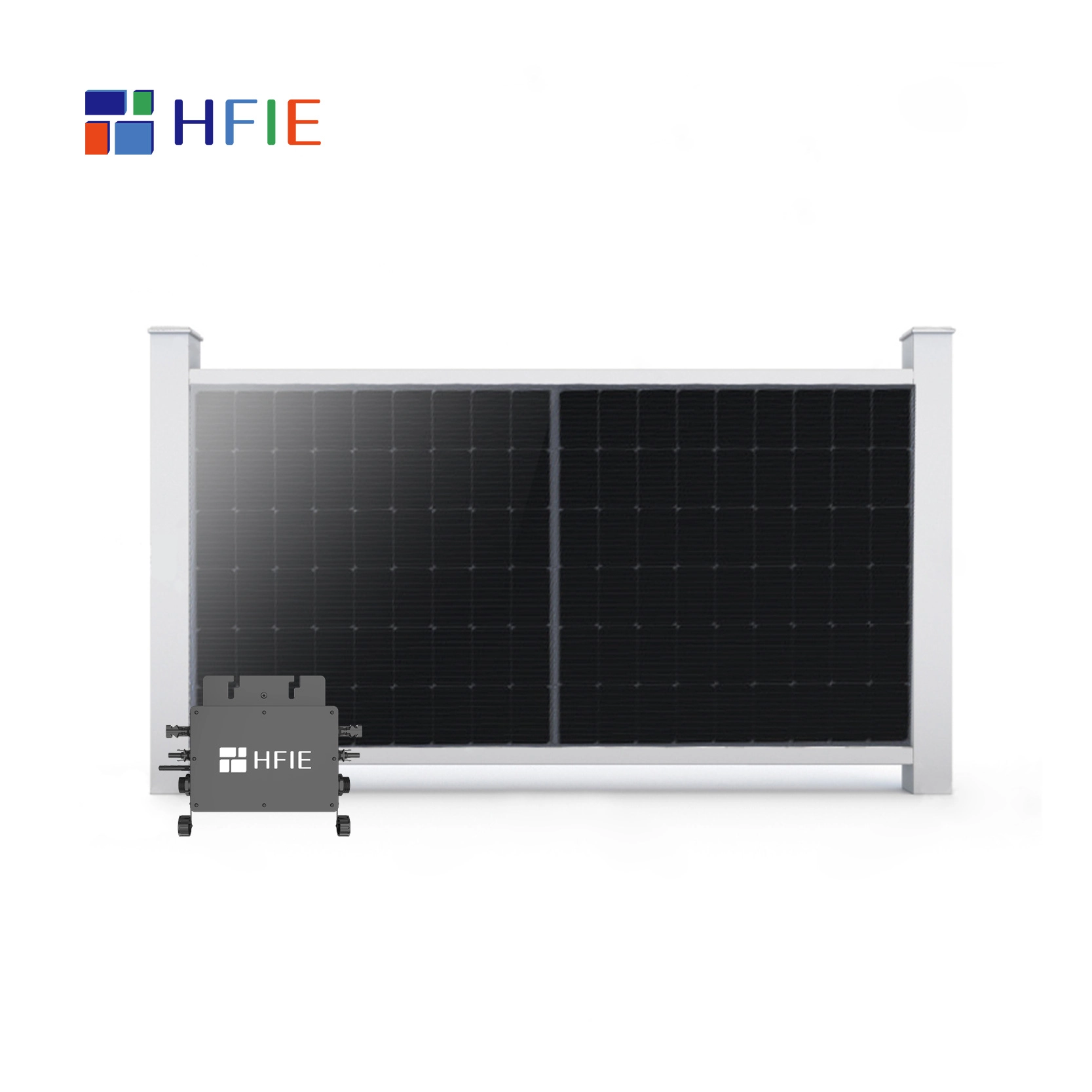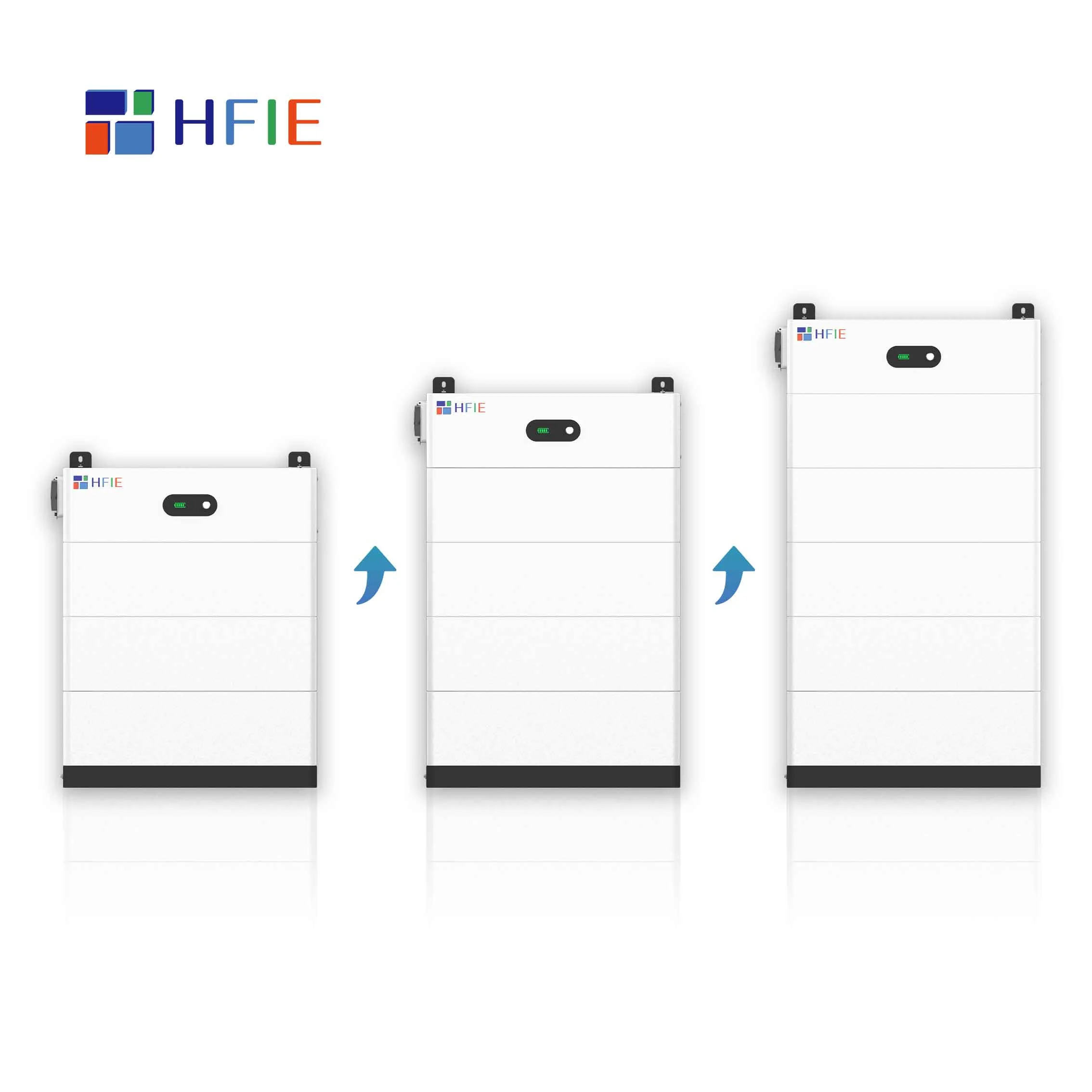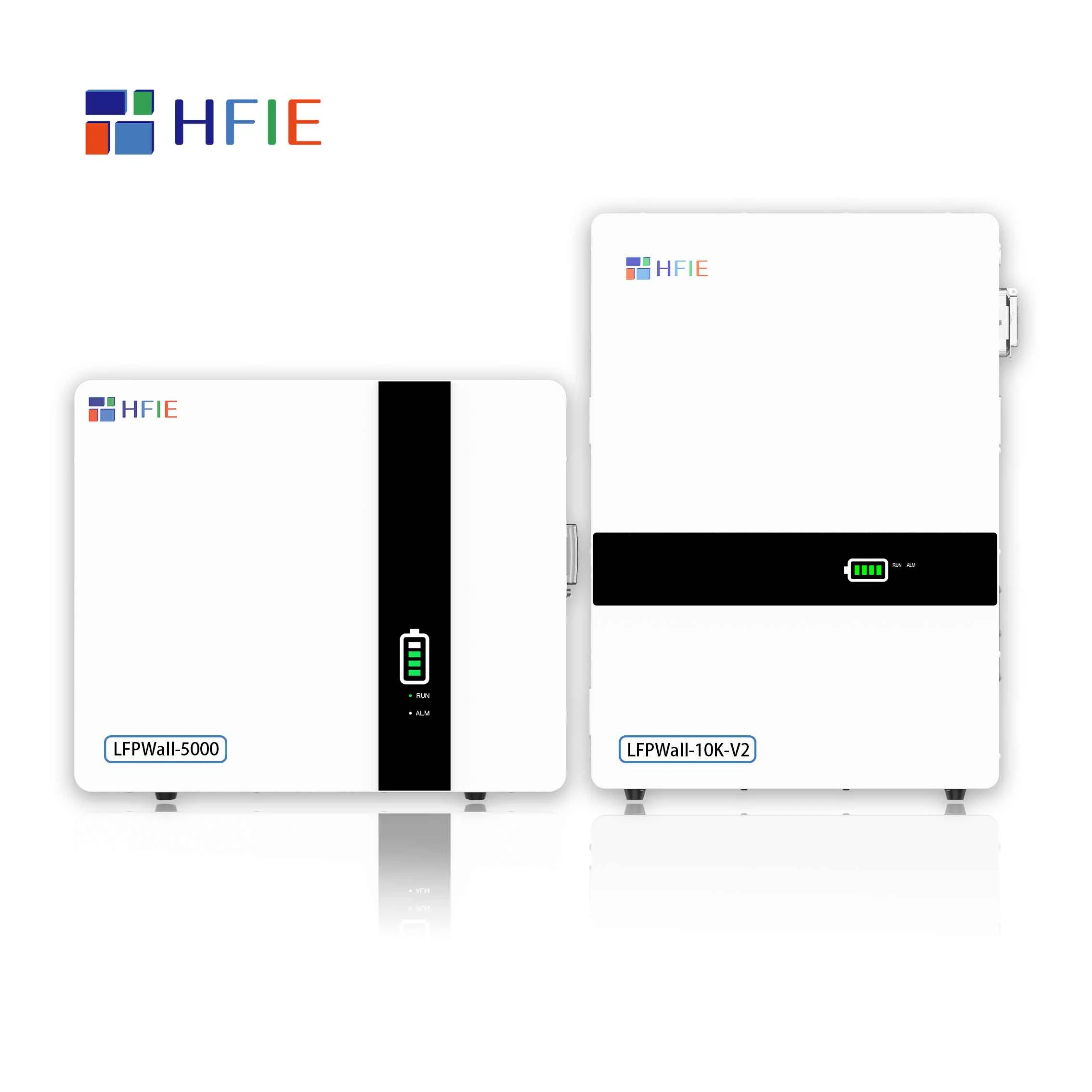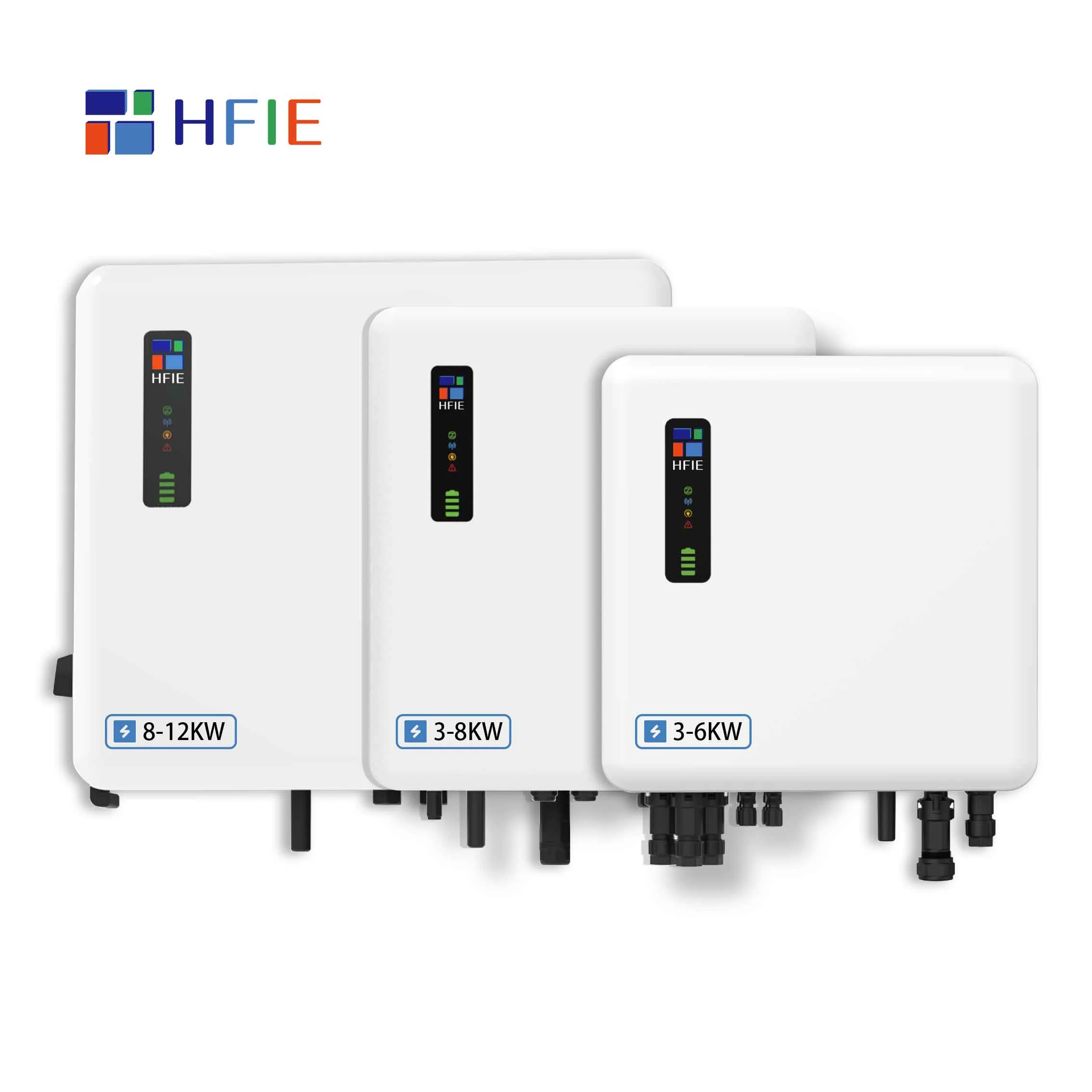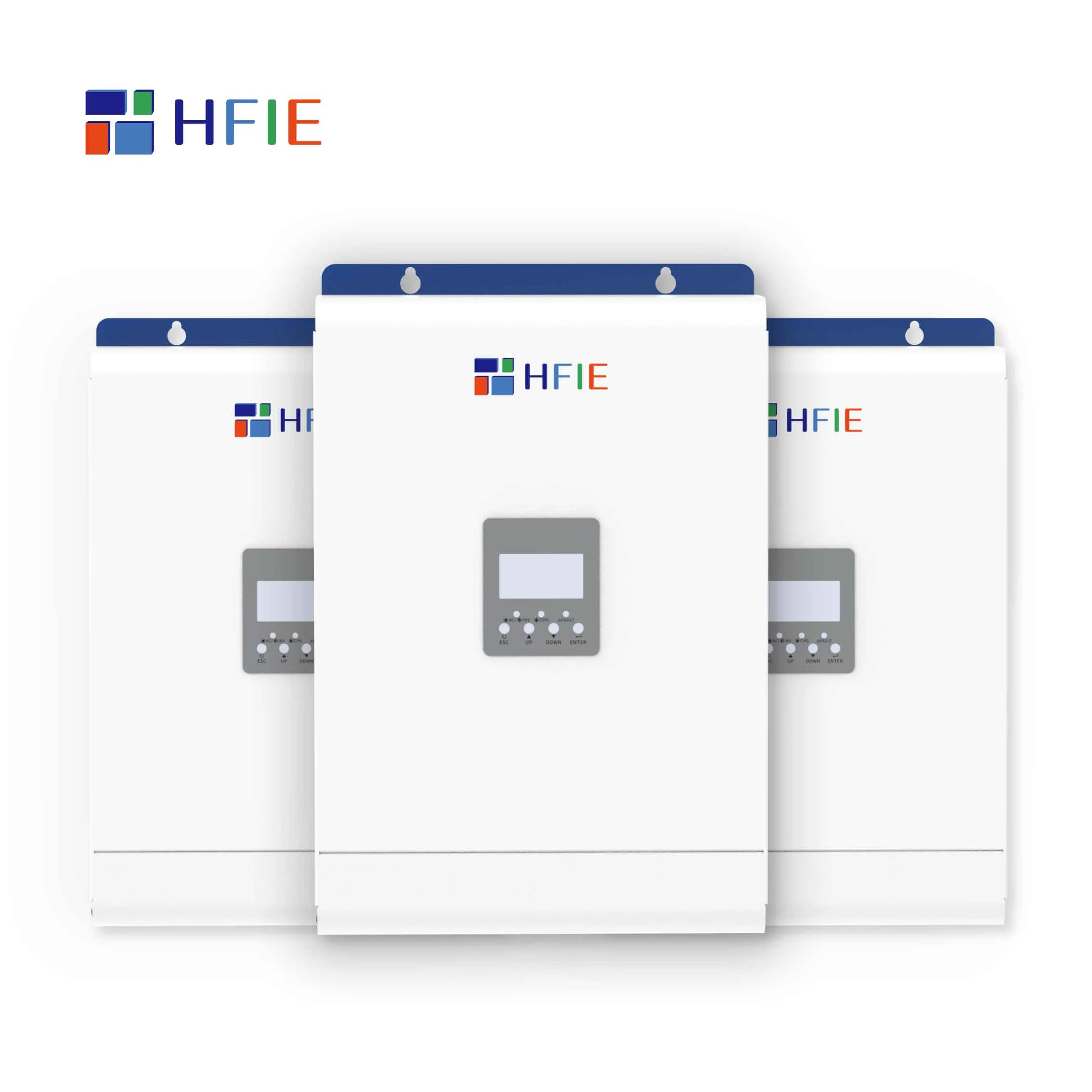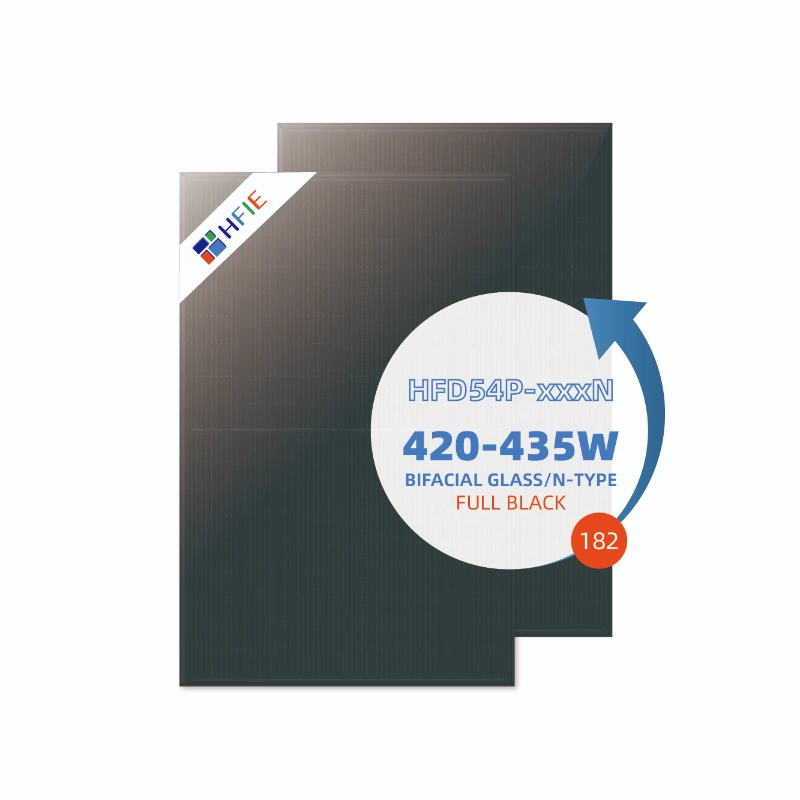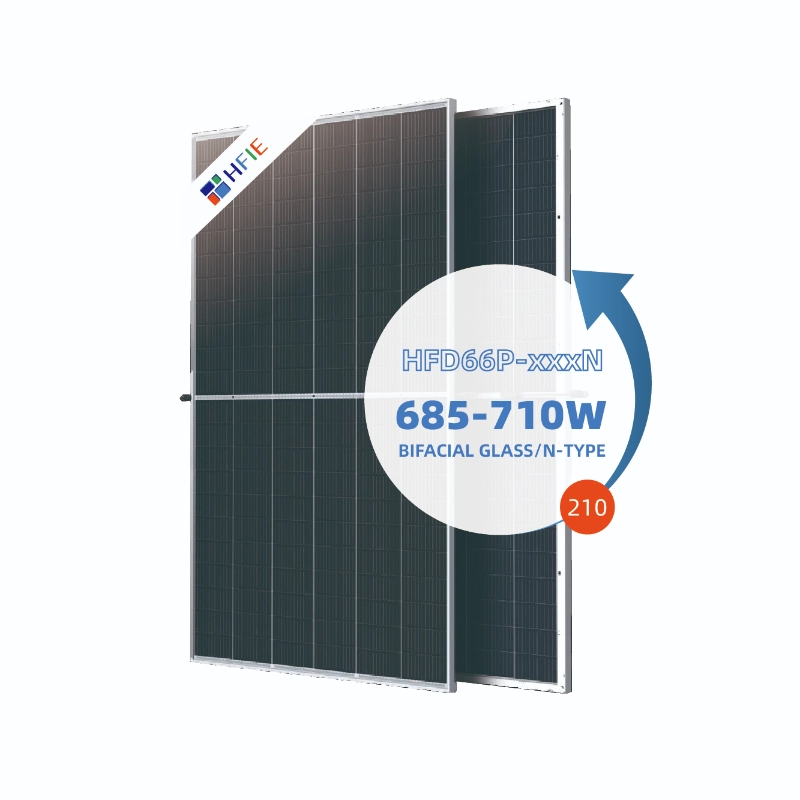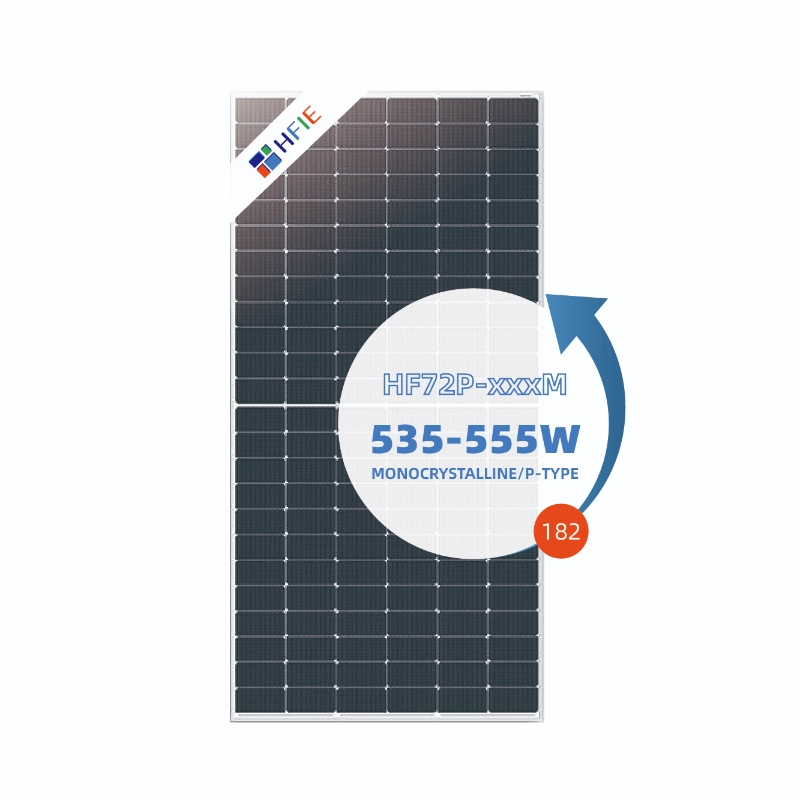01 What is container energy storage?
Container Energy Storage System (CESS) is an integrated energy storage system developed to meet the needs of the mobile energy storage market. It integrates battery cabinets, lithium battery management systems (BMS), bidirectional energy storage converters (PCS), container monitoring systems, fire protection systems, cooling systems, etc. It can also integrate energy storage converters and energy management systems according to customer needs.
Energy storage containers have good anti-corrosion, fireproof, waterproof, dustproof (windproof and sand proof), shockproof, UV resistant, anti-theft and other functions, ensuring that they will not be corroded within 25 years. The capacity range of container energy storage systems is mainly concentrated between 500 kilowatt hours (kWh) and 1000 kilowatt hours (kWh), with some larger capacity products reaching up to 3MWh to 6MWh. The specific capacity can be modularly configured according to demand.
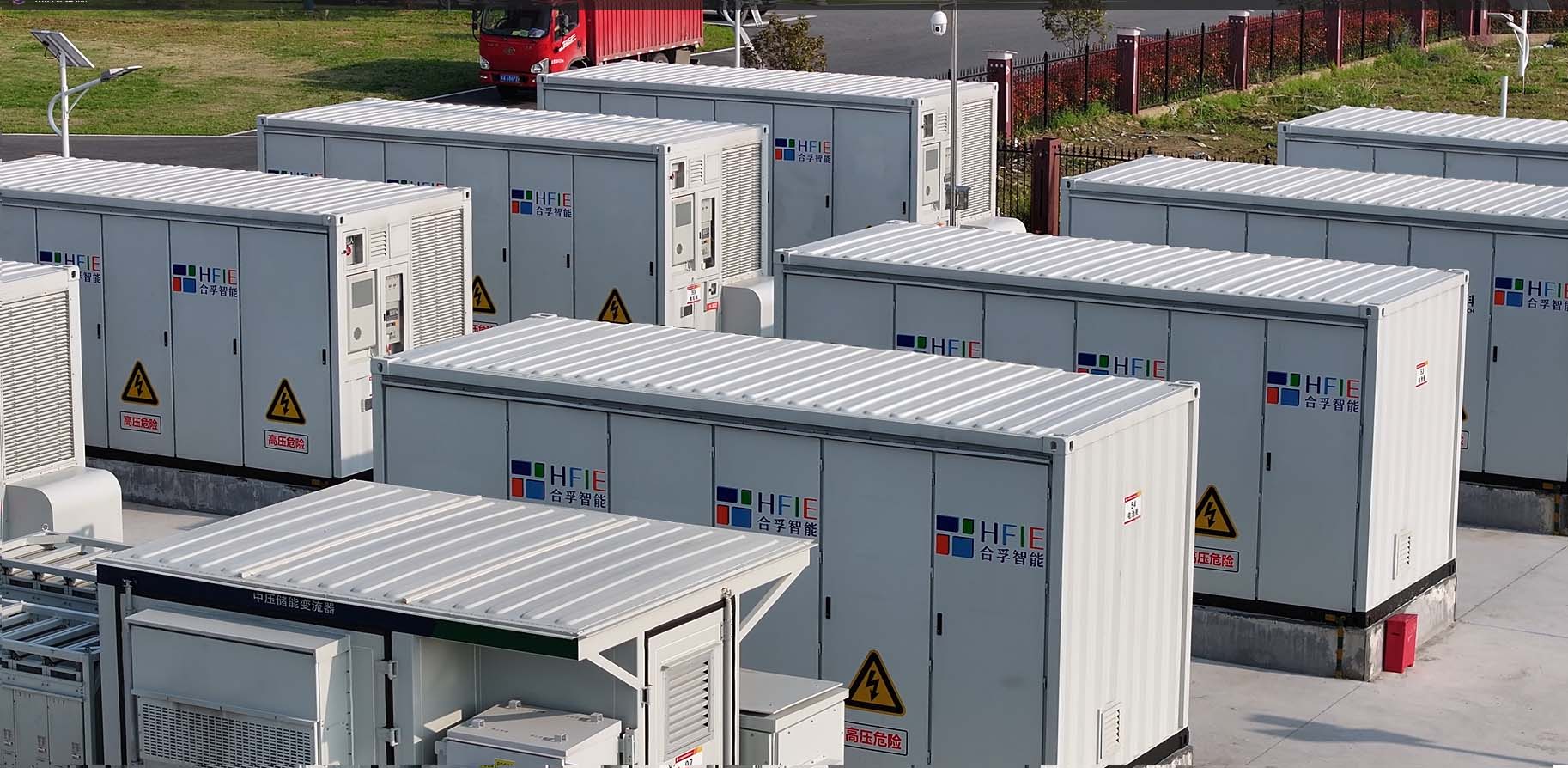
02 What are the advantages of container energy storage?
Container energy storage systems have the characteristics of simplifying infrastructure construction costs, short construction cycles, high modularity, and ease of transportation and installation. They can be applied to power plants such as thermal, wind, and solar power stations, or to islands, communities, schools, research institutions, factories, large load centers, and other applications.
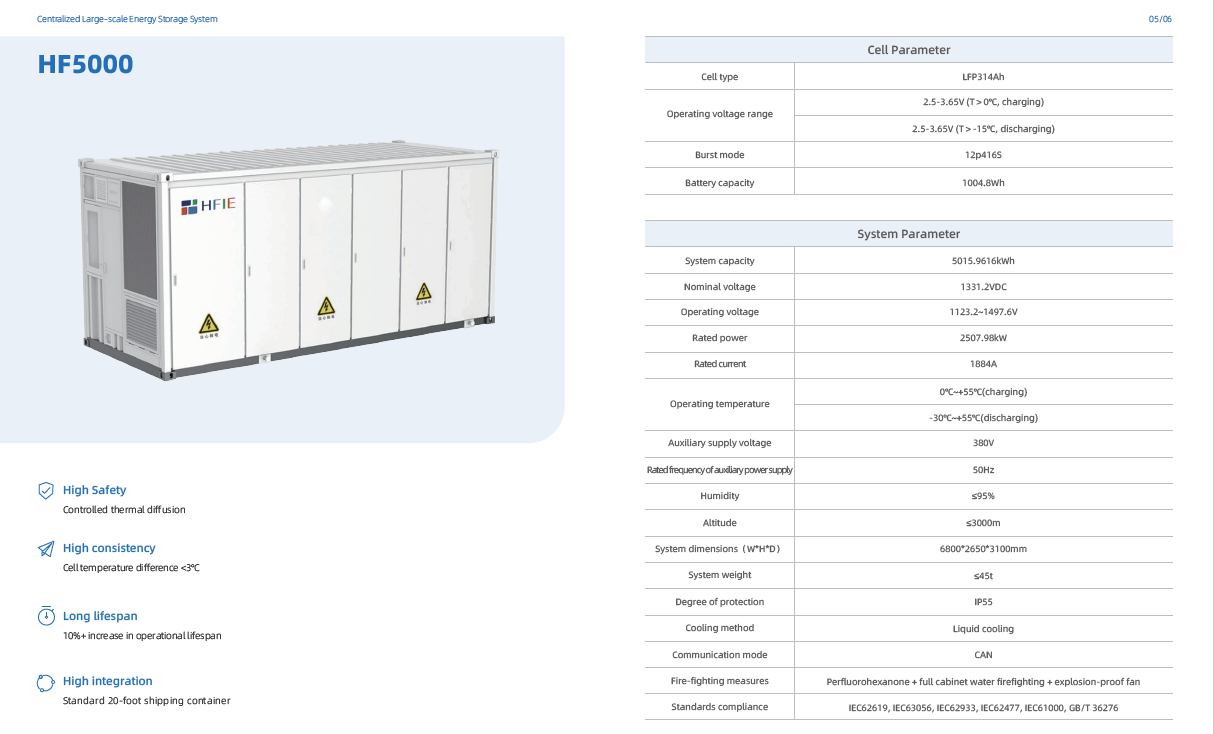
03 What are the installation requirements for container energy storage?
The installation of containerized energy storage systems first needs to consider the site conditions, and containerized energy storage systems require sufficient space to accommodate energy storage equipment. The site should have a flat and stable foundation, and be able to meet the space required for equipment installation, maintenance, and operation. The energy storage system needs to be connected to the power network, therefore reliable power supply is required. At the same time, it is necessary to ensure that the distance between the power access point and the energy storage system is appropriate to reduce transmission losses.
Containerized energy storage systems have certain requirements for environmental conditions. For example, good ventilation and heat dissipation conditions, fire prevention, waterproofing and other safety measures. The installation of containerized energy storage systems requires compliance with relevant safety regulations and standards to ensure the safety and reliability of the equipment. And the containerized energy storage system needs to be regularly inspected and maintained, so sufficient operating and maintenance space needs to be provided.







